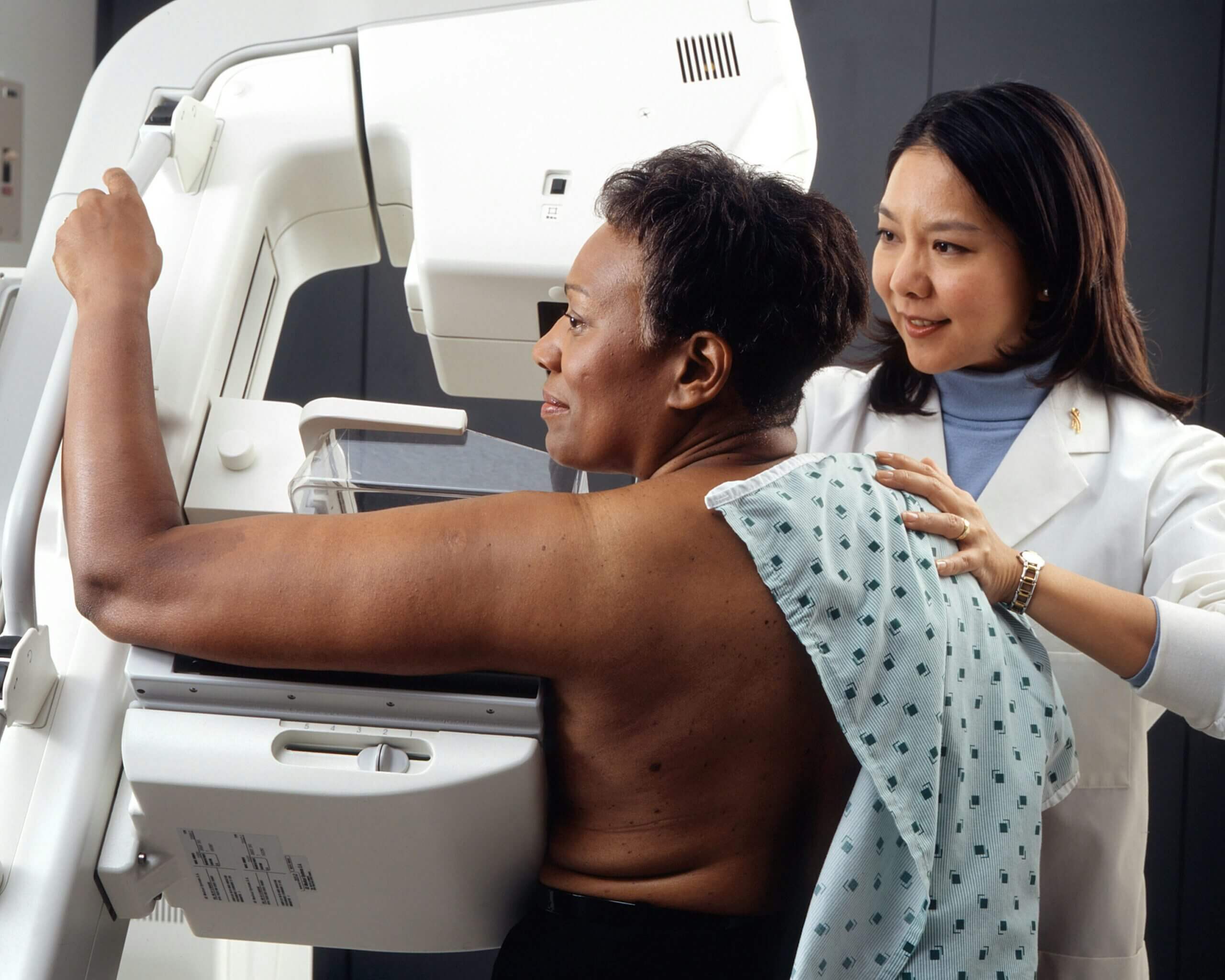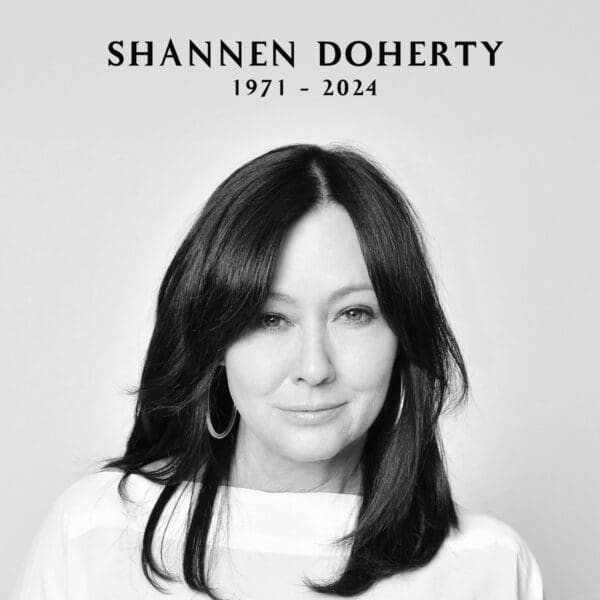Receiving a breast cancer diagnosis is a life-altering event, not just for the individual coping with diagnosis but also for their loved ones. Coping with your feelings is hard enough, but understanding and managing the emotions of others can greatly influence your support system and journey through treatment and recovery.
It is crucial to acknowledge that everyone reacts differently to news of a cancer diagnosis. Loved ones may be coping with a range of emotions such as fear, sadness, anger, confusion, or even guilt. They may struggle to find the right words to express their concerns or may withdraw emotionally as a coping mechanism. Understanding that these reactions stem from a place of love and concern can help ease any tensions. When I was going through my trauma of diagnosis and trying to process the way others around me were reacting a good friend of mine pointed me to the Ring Theory, developed by psychologists Susan Silk and Barry Goldman. In a nutshell, it means that the person in crisis is at the centre, and has permission to say or do anything that helps them in coping. The only thing they should receive is help — in Silk and Goldman’s language help in, dump out.
Communication becomes paramount in a time of crisis. Open and honest dialogue with your loved ones can foster understanding and empathy. That said, you also need to set boundaries if you feel overwhelmed by the intensity of emotions around you. It is not your job to manage them right now. You are the priority. You’re going through a challenging journey, and prioritizing your mental and emotional well-being is essential.
Those of us who have experienced a cancer diagnosis will talk about the isolation they feel. Many of us have experienced “ghosting” from relatives or friends, who simply haven’t the capacity to support us. Perhaps it brings up past trauma, or they are grappling with their mortality or experiencing a sense of helplessness in the face of your diagnosis. Whatever the reason, ghosting is a painful and hurtful experience for those diagnosed. This podcast, with Kelly Grosklags a licensed clinical social worker talks about the phenomena of ghosting and how best to respond.
While it’s natural to want to shield your loved ones from distressing details, being transparent can help alleviate anxiety and uncertainty. I feel it is better to [rovide them with accurate information about your condition and treatment plan and encourage them to ask questions or seek clarification if needed. Transparency can empower them to feel more involved and supportive throughout your journey.
Talk therapy was an essential tool in helping me cope, manage my own feelings and understand the reactions of others. For me, it was a safe space to process emotions. There were sessions where I simply wept from beginning to end. Post-diagnosis, I continue to see a trauma therapist to help me process what my body, mind and spirit have endured. Some folks like face-to-face support groups and online groups – but in some cases, you can get swept up in a collective trauma, so tread carefully. It’s one of the reasons I wrote my book Flat Please and why we created AskEllyn.ai. She is that non-judgemental, empathetic companion who never steps a foot wrong.
I also practice self-care to promote relaxation. I go for regular massages, meditate before bed, practice yoga, do Reiki sessions and spend a lot of time walking and being in nature. These activities give me joy and keep my body healthy.
Leaning on others is a crucial part of navigating a breast cancer diagnosis. It just may not be that the people at your side and holding your hand are the ones that you initially expected. I will assure you that you will find your support circle, and those people will become close friends for life. As we like to say, breast cancer is a shitty club to belong to, but it has the very best members.




